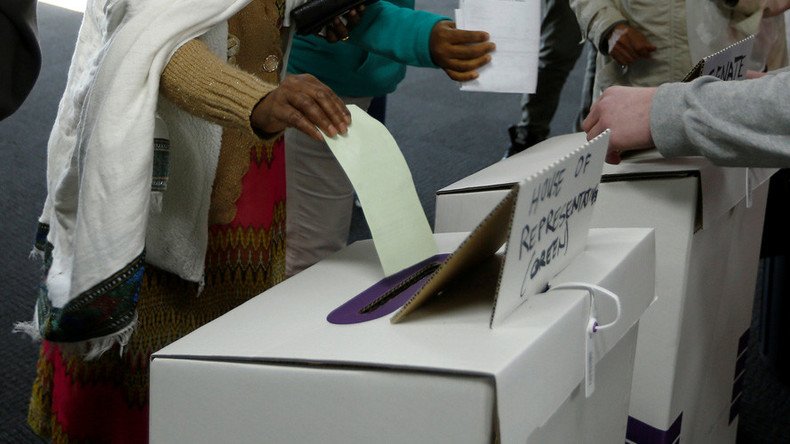Austria might not be able to stick to the date it has set for its presidential election rerun due to faulty postal ballot papers that simply won’t seal. The embarrassment has already become the subject of online ridicule with the web community.
“If it’s not possible to properly conduct the election because of an apparent flaw in manufacturing, then it’s my duty as one in charge of the election authorities to consider postponing it,” Interior Minister Wolfgang Sobotka said in a written statement on Friday.
Last week, Austrian newspapers published pictures of mail-in ballots that failed to seal, presumably due to low-quality glue. The flaw could result in these ballots not being counted. The Interior Ministry demanded an explanation from the manufacturer on Friday. It had initially ordered some 1.5 million voting cards for municipalities.
If the ballots need to be replaced, the new election could be indefinitely postponed. The ministry said they will make the final decision by Monday. Following the publication of the Interior Ministry’s statement, both presidential nominees – the anti-immigration Freedom Party’s Norbert Hofer and former Greens leader Alexander Van der Bellen – said they expect the election to be moved to a later date. The election is currently scheduled to take place on October 2.
The scandal with the faulty ballots has sparked a wave of ridicule online, with Austrians seemingly more amused that concerned. The pre-election fiasco has even inspired its own hashtag – #Wahlkartenfilme – which roughly translates as “the movie on ballot papers.” Austrian Twitter-folk have been toying with famous movie titles, relating them to glue problems and ballot papers.
Thus, Clueless turned into Glueless, and Pretty Woman to Pritt-y Woman (Pritt being a glue brand in Austria).
People came up with The Curious Case of Benjamin’s Ballot, The Glued, the Bad and the Ugly, [Glue] me if you can, and Harry Potter and the [Magic Glue]… Well, whatever makes the electorate happy.
The election, or rather re-election has been the source of ridicule from the start, as authorities initially failed to set a concrete date for it and now plan to push it out even further. The previous vote, which took place on May 22, saw far-right candidate Norbert Hofer narrowly lose by just 31,000 votes, or 0.6 percent, with Alexander Van der Bellen claiming victory. In July, after Hofer’s party reported irregularities during the ballot counting process in most of the 117 electoral districts, the country’s Constitutional Court annulled the results of the election and ordered a re-run.


